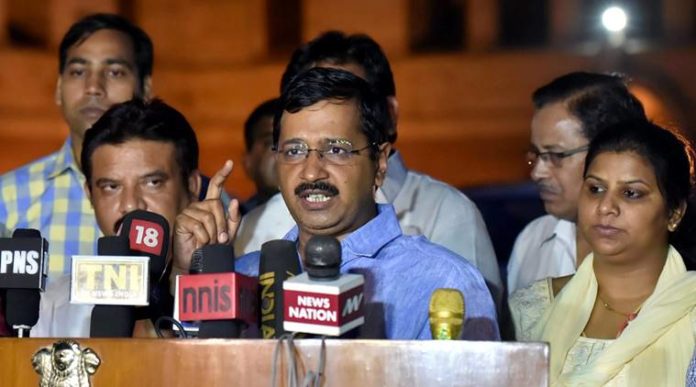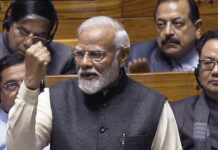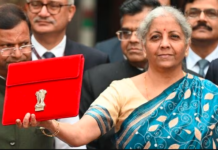
Recently, the Election Commission suggested to the President to disqualify 20 AAP MLAs for holding “office of profit”. This recommendation by EC took AAP, the ruling party of Delhi back in fear. It is now upon the President to take the final call on the EC’s recommendation.
Here is what people mean by ‘office of profit’.
What is an ‘office of profit’?
As the word suggests, when an MP or MLA receives benefits from the government he holds, it is termed as “office of profit”. If a person is found holding an office of profit under the central or state government, and it is not declared, then he may be disqualified by a law passed by Parliament or state legislature.
How things stand in other states
The Karnataka government appointed 11 MLAs and MLCs as parliamentary secretaries. The state says that they are only assistants to ministers. The case is pending in HC. Likewise, Rajasthan government has also appointed 10 parliamentary secretaries. These secretaries are enjoying the status of ministers of state. The state also passed a bill in October 2017 to assign them constitutional validity. However it was challenged by HC. Similarly, the Telangana government appointed six MLAs as parliamentary secretaries in 2014. The government tried to give them cabinet status by enacting law. But HC retracted the appointments.
Past instances in other Indian states
The past has been evidence that such appointments are highly disregarded by the High Court. Appointments of political secretaries has been quashed and reprimanded by the HC in earlier cases too. Such an instance happened in Himachal Pradesh in 2005, Goa in 2009, and in West Bengal and Telangana in 2015.
The courts of these states have devised newer ways to ensure that the constitutional rules pertinent to the admissible number of ministers to be appointed.











